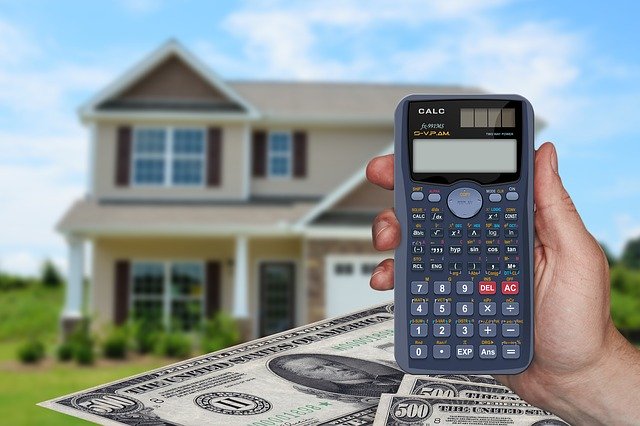Mortgage interest rates have recently dropped to historic lows. For this reason, you may be wondering if you should refinance. Good reasons include lowering your monthly payment, moving from an adjustable-rate to a fixed-rate mortgage, or reducing the loan term from 30 years to 15.
But before you jump into refinancing, there are a few things to consider.
What interest rate will you receive?
One of the first factors in determining whether you should refinance is the interest rate. The interest rates you see advertised are for a person with an excellent credit score and a lower debt-to-income ratio. Depending on your situation, the interest rate for which you can qualify may be higher. Since some lenders offer better rates than others, it’s worth your time to shop around for the best deal. A 1/8 point reduction in your interest rate would only save you $14 a month on a $200,000 loan. But that small monthly figure equals over $5000 on a 30-year loan!
$ Tip: Check your credit report before you start shopping mortgage rates and correct any errors.
What is the new monthly payment?
Next, calculate how much money per month you will be able to save by refinancing. To simplify this task, use an online mortgage calculator. Bankrate.com, mortgagecalculator.org, and nerdwallet.com are just a few sites that offer free mortgage calculators.
How much are closing costs?
Now that you have worked out your interest rate and monthly savings, you need to look at closing costs. You should figure on a range of 2% to 5% of the value of the loan. Ask the new lender to give you a discount on the title policy. Also, ask if they will accept the original survey. This could save you hundreds of dollars in closing expenses.
What is the break-even point?
Once you’ve determined your closing costs, you need to calculate your break-even point. In other words, how many months will it take you to pay back your closing costs based on the projected monthly savings?
To find your break-even point, divide the closing cost by the monthly savings. If the new loan saves you $200 per month and your closing costs are $5000, it will take you 25 months before you break-even and start saving money. Therefore, in this example, you would need to plan on staying in your house for more than two years before you experience any real savings.
How much total interest will you pay?
Have you been paying on your current mortgage for 5 years or more? If so, you may find that you will pay more in total interest on the new loan than you have remaining on your current loan.
Remember, mortgage interest is front-loaded. So, each month you pay less in interest than the previous month. On the last month of your loan, you are paying very little interest.
Use an existing-loan calculator, like the one at mortgageloan.com, to calculate the remaining interest amount on your current mortgage. Compare that interest figure with the total interest amount for the new loan. This will help you decide if you should refinance. If you will pay less total interest dollars on the remainder of your current loan than the proposed new loan, then refinancing is not a good idea.
By the way, if you’d like to learn more about everyday money matters, consider the Hire Your Money® course. It is a cutting edge, cloud-based interactive course that empowers young people to take command of their money lives. You will be able to access the course on your favorite internet-enabled device. No reading required. Included are presentations about must-know money topics, videos, and downloadable money tools.


